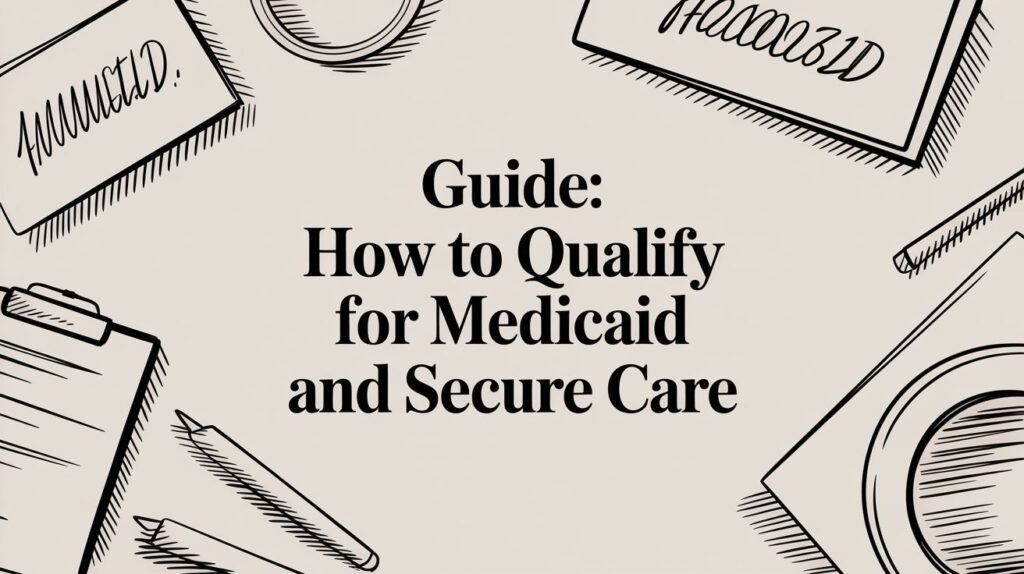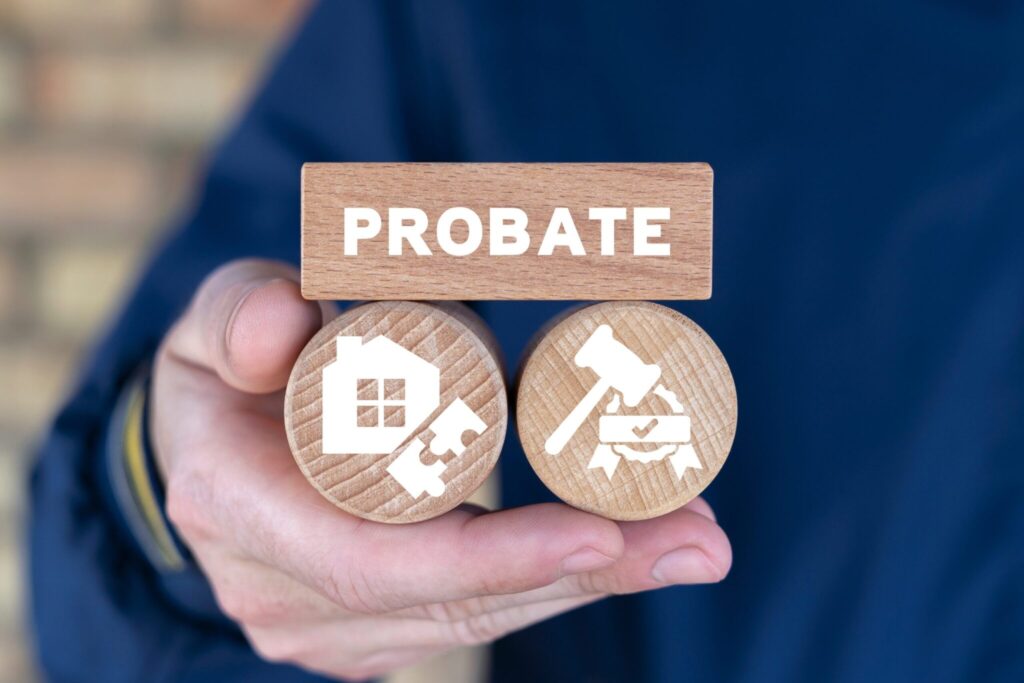Entrepreneurs in Texas are well-versed in managing risks, seizing opportunities, and ensuring the longevity of their ventures. However, one critical component of business sustainability often overlooked is estate planning. Estate planning is more than just drafting a will—it’s a comprehensive strategy to protect both personal and business assets, securing a stable future for loved ones and preserving business continuity. This article will guide you through the essentials of Texas estate planning, focusing on tools and strategies that protect personal and business assets. We’ll explore everything from trusts and succession planning to tax considerations and asset protection.
The Importance of Estate Planning for Entrepreneurs

For entrepreneurs, estate planning is more than safeguarding wealth—it’s about protecting the legacy and values you’ve infused into your business. Without a well-structured plan, your assets may face probate, heavy tax burdens, and potential legal conflicts. Effective estate planning mitigates these risks and gives your loved ones a clear pathway to follow, protecting the business you’ve built from potential disputes or losses.
Key Components of Estate Planning for Entrepreneurs
Wills and Trusts
A will is foundational to any estate plan, but it may not offer sufficient protection or flexibility for entrepreneurs. For greater control and privacy, Texas entrepreneurs often turn to trusts.
Business Succession Planning
For business owners, planning for succession is essential. A clear succession plan lays out who will take over or manage the business in the event of death, disability, or retirement.
- Choosing a Successor: Carefully select a successor who has the skills and passion to carry the business forward. This could be a family member, key employee, or even an outside party.
- Buy-Sell Agreements: These legally binding agreements outline the terms for transferring ownership interests if an owner leaves the business. They can be funded by life insurance policies to ensure liquidity when a buyout is necessary.
- Family Limited Partnerships (FLP): An FLP allows business owners to transfer ownership to family members while retaining control. It can also provide estate tax benefits, as the value of the transferred shares may be eligible for valuation discounts.
Asset Protection
Protecting personal and business assets is especially important for entrepreneurs who may face unique risks from creditors and lawsuits. Several tools can help you limit exposure:

- Limited Liability Companies (LLCs): Structuring your business as an LLC protects personal assets from business liabilities, keeping your personal wealth secure in case of legal disputes or financial difficulties.
- Homestead Exemption: In Texas, the homestead exemption protects a primary residence from creditors, making it a powerful tool for asset protection in estate planning.
- Asset Protection Trusts: An asset protection trust is an advanced tool that shields your assets from creditors by placing them in a legally separate entity. While not often used in Texas due to the state’s restrictive trust laws, entrepreneurs can consider establishing such trusts in asset-protection-friendly jurisdictions.
Tax Planning for Estate Efficiency
Estate and business taxes can significantly erode wealth if not properly managed. Texas does not have a state estate tax, but federal estate and gift taxes may apply.
- Gifting Strategies: Utilizing the annual gift tax exclusion (currently $15,000 per recipient) can help reduce the size of your taxable estate over time, transferring wealth to family members tax-free.
- Grantor Retained Annuity Trusts (GRATs): This type of irrevocable trust allows you to transfer assets to beneficiaries while minimizing gift taxes. After a set term, any appreciation in the trust’s assets passes to the beneficiaries tax-free.
- Charitable Remainder Trusts (CRTs): A CRT provides income to you or another beneficiary for a specified period, with the remainder going to charity. This offers an income stream, potential tax deductions, and a way to reduce estate taxes.
Healthcare and Financial Directives
Planning for healthcare and financial decision-making is essential for entrepreneurs who want to ensure continuity and avoid disruptions in business operations during incapacitation. Consider the following documents:
- Power of Attorney (POA): A POA allows a trusted individual to make financial or business decisions on your behalf. Designating someone with business acumen can ensure smooth operations if you’re unavailable.
- Advance Healthcare Directive: This directive spells out your healthcare preferences if you’re unable to communicate them yourself. Appointing a healthcare proxy can ease decision-making for family members during emotionally challenging times.

The Role of Probate in Texas Estate Planning
Probate is the legal process through which a deceased person’s assets are distributed. While Texas offers a streamlined probate process compared to other states, avoiding probate can still benefit entrepreneurs by providing privacy and quicker asset distribution.
- Avoiding Probate with Trusts: Assets held in a revocable living trust bypass probate, expediting distribution to beneficiaries and reducing potential legal costs.
- Small Estate Affidavit: In cases where an estate’s value is modest, a small estate affidavit can be used for asset distribution without probate, but it may not be practical for more complex entrepreneurial estates.
Real-Life Scenarios for Texas Entrepreneurs
Consider the story of Jack, a successful real estate investor in Austin. Jack used a combination of trusts and an LLC to secure his assets. His business was structured under an LLC, isolating personal assets from any business risks, while an irrevocable trust held his personal investments, further shielding them from creditors. Upon his passing, his revocable trust allowed seamless transfer of wealth to his children without probate, while a carefully crafted succession plan ensured his company’s continued success.
Crafting an Estate Plan that Works for You
Every entrepreneur’s situation is unique, and your estate planning strategy should reflect your individual goals, asset structure, and family dynamics. Here’s a step-by-step approach to get started:
- Assess Your Current Financial Position and Goals Begin by taking stock of all your assets—personal and business—and setting clear objectives. Determine what you wish to achieve with your estate plan, such as preserving wealth, ensuring business continuity, or minimizing taxes.
- Consult with Estate Planning and Business Law Experts Collaborating with professionals who understand Texas estate law is crucial. An attorney and financial advisor can help develop a plan tailored to your needs, advising on legal structures, tax implications, and asset protection strategies.
- Review and Update Your Estate Plan Regularly Life changes, business growth, and evolving tax laws can impact your estate plan. Regular reviews ensure that your plan remains effective and aligned with your goals.
Conclusion: A Legacy Beyond Business
Creating an estate plan as an entrepreneur in Texas is about building a legacy that extends beyond the business itself. With a well-thought-out estate plan, you can protect your personal and business assets, ensuring that your loved ones and successors can thrive in the future you’ve worked hard to create. By taking action today, you safeguard your life’s work, enabling it to prosper for generations to come.








